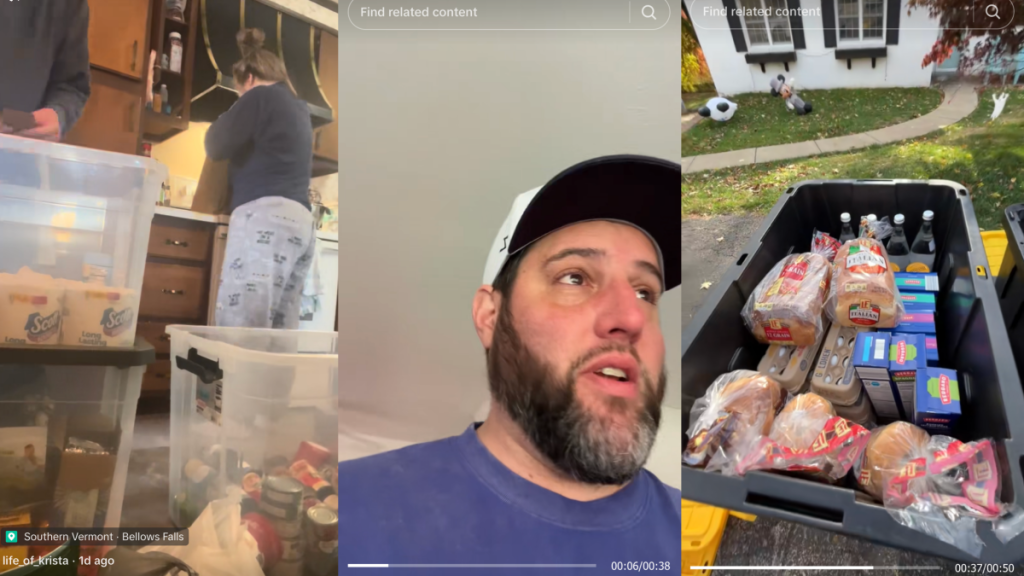A surge in community-led initiatives has emerged on social media platform TikTok, as individuals and groups establish pop-up food pantries to support those affected by the struggling economy and potential disruptions to government assistance programs. The trend has gained significant traction, with one notable example being a front-yard food pantry set up by AJ Owen in Pittsburgh, which has inspired countless others to follow suit.
Owen’s initiative, which he started with his children, has been particularly successful, with a video showcasing the pantry’s impact garnering nearly 13 million views and 3.5 million likes on TikTok. The outpouring of support has been overwhelming, with many individuals and communities creating their own pantries or contributing to existing ones. According to Owen, the response has been “overwhelming in the best way possible,” with people eager to help those in need.
The emergence of these pop-up pantries is a response to concerns over the potential discontinuation of Supplemental Nutrition Assistance Program (SNAP) benefits due to the government shutdown. While the benefits have not been cut, the fear of disruption has highlighted the need for community-led initiatives to support vulnerable populations. Owen’s pantry, which was established with an initial investment of $150, has already made a significant impact, with approximately 70% of the food being utilized overnight.
The trend is not limited to Owen’s community, with similar pop-up pantries springing up across the United States. The phenomenon is a testament to the power of grassroots generosity and the willingness of individuals to support one another in times of need. As Owen noted, “Give people an opportunity to help and they will absolutely do it.” The initiative has also highlighted the importance of community-led solutions in addressing food insecurity and supporting vulnerable populations.
The government shutdown has raised concerns over the potential impact on SNAP benefits, which support approximately 12% of the US population. While the program remains in place, the emergence of pop-up pantries serves as a reminder of the need for community-led initiatives to support those in need. As Owen’s experience demonstrates, even small actions can have a significant impact, and the outpouring of support on social media platforms like TikTok has helped to amplify the initiative’s reach and effectiveness.
